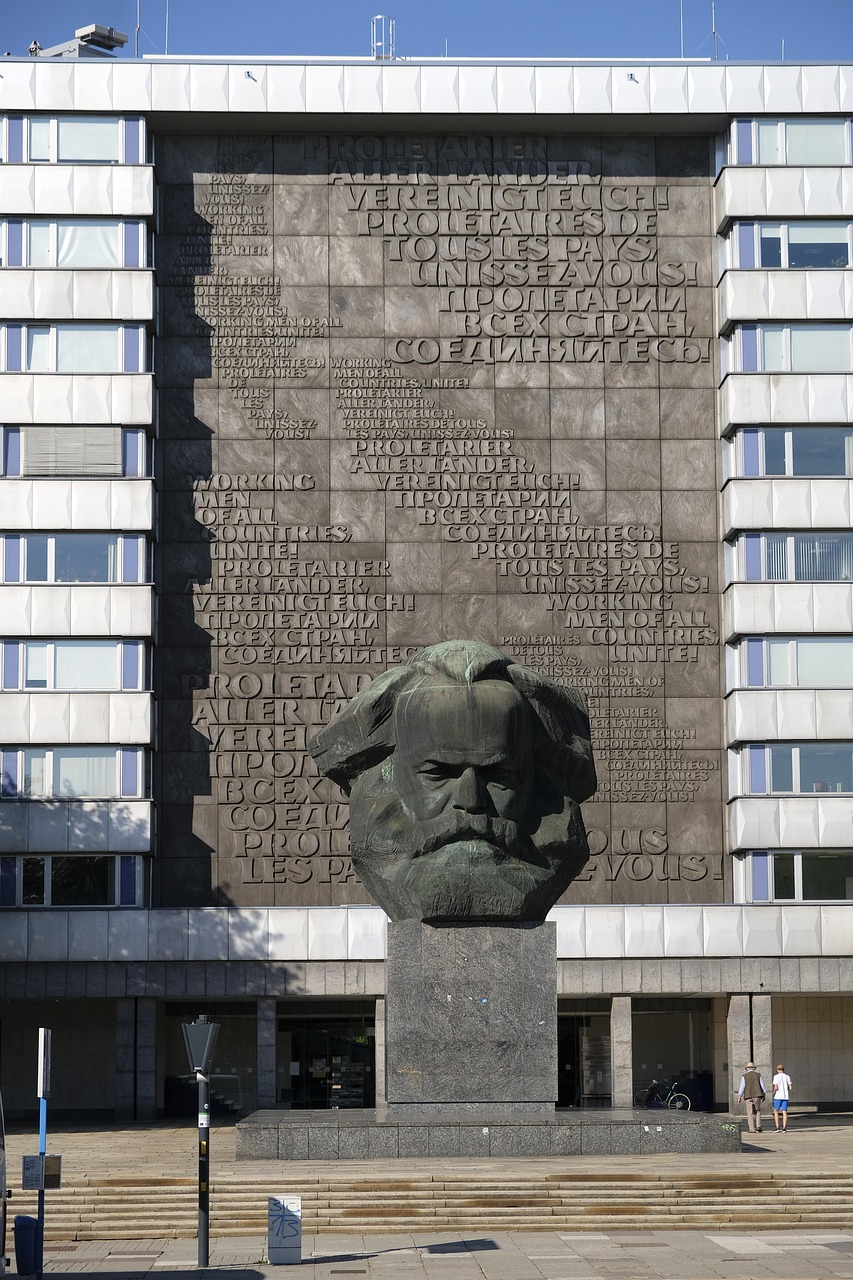 Two weeks ago, I wrote that the end of lockdown offered an opportunity to reinvigorate public debate. It also offers another opportunity – to re-evaluate our relationships. You may well remember Matt Hancock telling us all to be careful and stick to the rules. He urged us to avoid mixing with people from other households, essentially banning casual sex. Putting his (and Neil Ferguson’s) glaring hypocrisy to one side for a moment, the lockdowns did have an impact on casual sex, and dating, and every type of relationship. Now that those lockdowns are over, there are personal and political lessons to be learned.
Two weeks ago, I wrote that the end of lockdown offered an opportunity to reinvigorate public debate. It also offers another opportunity – to re-evaluate our relationships. You may well remember Matt Hancock telling us all to be careful and stick to the rules. He urged us to avoid mixing with people from other households, essentially banning casual sex. Putting his (and Neil Ferguson’s) glaring hypocrisy to one side for a moment, the lockdowns did have an impact on casual sex, and dating, and every type of relationship. Now that those lockdowns are over, there are personal and political lessons to be learned.
Let us first examine the political lessons by putting the government’s actions in context. The government reacted to Covid-19 by switching from a liberty default to a precautionary one. In normal times, we assume people are healthy and we only send people home if they are visibly ill. The government changed its approach to address Covid-19 – people were assumed to be sick, so most of us were made to stay at home and avoid contact with anyone outside our household, including partners and potential partners.
This government interference in people’s relationships was never justified – not just despite the Covid crisis, but because of it. The lockdowns were lonely, isolating, and stressful. People lost loved ones, some lost their jobs or their businesses, many parents had to home school their children.
Romantic relationships are a huge part of people’s lives, and a partner can offer support in trying times. As long as the people involved in sexual relationships are of an age and capacity to consent, and they do so, the state should stay out of it – even during a public health emergency.
Married couples, who have their relationship legally recognised by the state and acquire certain benefits that other relationships do not, should still face minimal state interference. We are rightly appalled when Iran and Saudi Arabia enforce backward sex-ordinances based on ancient religious texts. The UK police are not going to throw gay people off buildings, or stone women to death for kissing a man they are not married to, but even the Western policing of people’s relationships is still nonsense that we must leave in the (very recent) past.
The second political lesson is around the aforementioned hypocrisy. Margaret Ferrier in Scotland, and Dominic Cummings with his alternative eye test, along with the Prime Minister and the Chancellor more recently, have all appeared to show a disregard for their own rules when it comes to Covid. However, it was the hypocrisy of Doctor Doom himself – Professor Neil Ferguson, followed by the largest hypocrite of all – Matt Hancock, that revealed the inevitable problem with trying to enforce restrictions on sex specifically.
That problem is that government officials are just as desperate for intimacy as the rest of us, no matter how authoritarian they are. Hopefully, governments will now think twice before ever trying to impose any such restrictions again, given that they are almost guaranteed to end up with egg on their faces.
The personal lessons to be learned concern our attitudes toward other people’s relationships, and our own approach to them. Lockdowns either forced couples together or forced them apart, while single people were prevented from meeting new partners. UCL’s Covid-19 Social Study found that 18 per cent of its respondents reported a worsening of their relationship with their partner, while 27 per cent reported an improvement in this relationship. Some were pushed to propose, while others were pushed to end their relationships. The lockdowns brought new dynamics for everyone, and now that we have exited those lockdowns, the dynamics have shifted again.
Social judgement of the relationships and sex lives of other people is, as always, prevalent, especially on social media. Casual sex is portrayed as meaningless and hedonistic, while monogamous marriage is painted as a dull and constant battle. Open relationships are sneered at by some, but are a common feature of modern life. Perhaps we should be less judgemental of other people’s choices about their own love and sex lives – don’t knock it until you try it.
For me, lockdown has been an eye-opening experience when it comes to love and sex. For some, after months of uncertainty, it may have brought with it a reevaluation of what one really wants from an intimate relationship. For others, it may have caused them to reconsider whether they are with the right person, whether monogamy or polyamory is really for them, and whether they have the right balance in their lives of time spent with their partner.
I am opposed to the idea of a new normal in the relationship between the individual and the state. But, for some of us, the end of lockdown can mean a new normal in our private lives. It can lead to the end of a bad relationship, the shift to a new approach to dating and sex, or maybe it can reaffirm your love for someone. What would be good is if we could give each other space, free from moralistic judgement and government intervention, to make our own decisions about whether we sleep with, date, or marry someone. Live and let live; love and let love.















